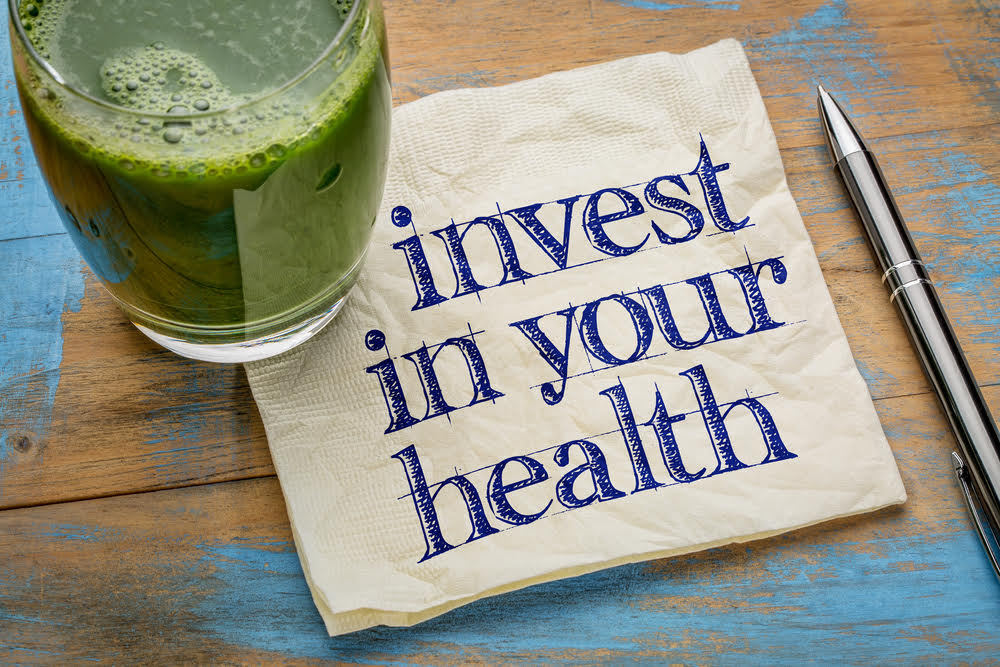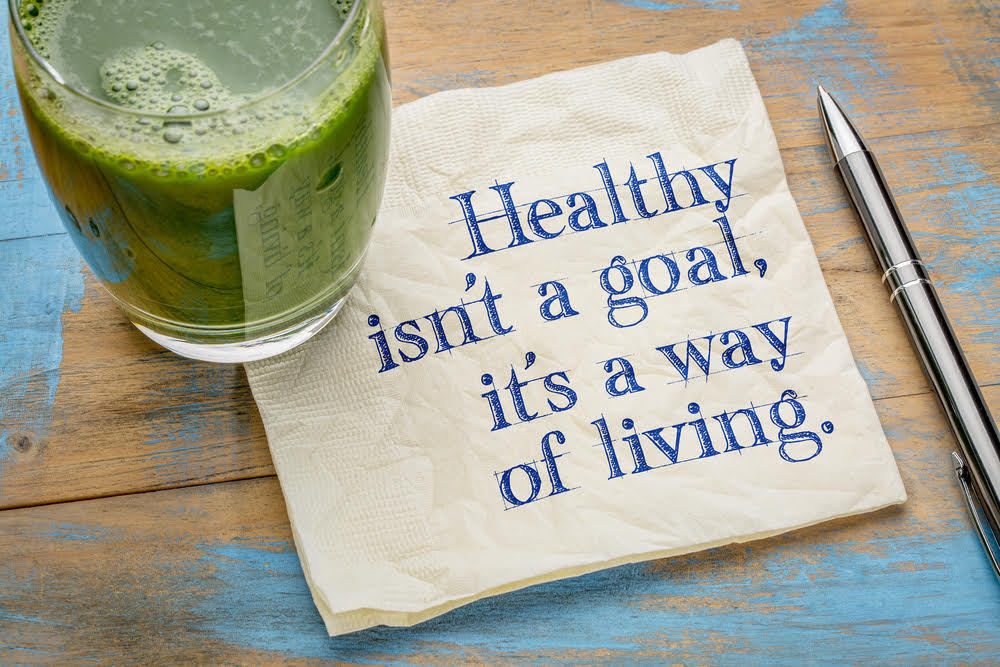In our turbo-charged, stress filled world, so many times our minds are full but we are not mindful.
Mindfulness is simple. It means slowing down and paying attention without judgement. It means being present and aware enough to notice what you are doing and experiencing, while it is happening. Mindfulness is a tool that we can use to not be ruled by or react to the triggers of stress and instead to pause and be more choiceful. It is awakening to the beauty of the present moment and our own true nature.
Becoming Mindful
.
One of the key reasons that mindfulness continues to gain popularity is that in our turbo-charged, demanding and stress filled world, so many times we are living the opposite of mindfulness which is, can you guess? Mindlessness. Our minds are full but we are not mindful.
So how do we find the path to mindfulness. We have many tools to help us wake up from being on auto-pilot. First is the breath. The simplest is to sit in a chair, with your spine erect and hands gently resting on your lap, and closing your eyes either fully or slightly and just noticing the rise and fall of your breath. Doing that for 3-5 minutes in the morning would be a good start. Sometimes the brain is chattering so much, it helps to count each breath and try to focus on that in the beginning.
The more you practice, the more you can bring mindfulness and the state of being into your everyday activities such as eating, walking, talking and whatever you are engaged in at the moment. MRI studies of people who practice show increases in areas of the brain that are associated with learning, memory, self-awareness, compassion and self-regulation.
Mindfulness is also a perfect complement to helping people change behaviors. By de-stressing the body and brain, we can often times find new choices and solutions and thus opens us up to more growth and opportunity.

No More Auto-Pilot
Did you see ever see the play, Our Town by Thornton Wilder? In the play, a young mother who dies, is able to take one final look at her life and the town that she lived in. She relives her 12th birthday and is finally able to see how wonderful all the ordinary things of life were. Luckily, we have many tools today to help us wake up from being on auto-pilot and appreciate the full experience of being alive and enjoying the simple pleasures of life.

Some of My Favorite Mindful Resources
Mindfulness Leaders
Some of the key leaders in the Mindfulness movement are Jack Kornfield, Jon-Kabat Zinn, Joseph Goldstein, Sharon Salzberg, Tara Brach, Silva Boorstein and Thich Nhat Hanh among others. They each have books and other materials online and many are featured at retreat centers around the world.
Books
“A Well-Designed Life: 10 Lessons in Brain Science and Design Thinking for a Mindful, Healthy and Purposeful Life” – Kyra Bobinet, MD
“The Buddha Brain: The Practical Neuroscience of Happiness, Love and Wisdom” – Rick Hanson, PhD
“How We Work (Live Your Purpose, Reclaim Your Sanity, and Embrace the Daily Grind)” – Leah Weiss, PhD
“Love 2.0: Finding Happiness and Health in Moments of Connection” – Barbara L. Fredrickson, PhD
“Self-Compassion: The Proven Power of Being Kind to Yourself” – Kristen Neff, PhD
“Thanks: How Practicing Gratitude Can Make You Happier” – Robert Emmons PhD
Apps
While I don’t use apps to practice mindfulness, here are some of the popular ones:
- Buddhify
- Calm
- Headspace
- Insight Timer
Websites
The Greater Good Science Center at UC Berkeley has many online free tools: https://greatergood.berkeley.edu.
Sean Fargo has compiled over 1,500 mindfulness exercises and other materials: https://mindfulnessexercises.com
Retreat Centers
Some of the retreat centers in Northern CA area include Spirit Rock Meditation Center, Green Gulch, Esalen and 1440 Multiversity (new in Scott’s Valley) among others.
Other Resources
Wisdom 2.0 (Annual conference in SF in Jan/Feb): http://www.wisdom2summit.com
Mindful Magazine: http://mindful.org
Search Inside Yourself Leadership Institute: http://siyli.org
Center for Mindfulness, University of Massachusetts: http://www.umassmed.edu/cfm
Resource for making behavior change: One Small Step Can Change Your Life: The Kaizen Way, Robert Maurer, Ph.D.
